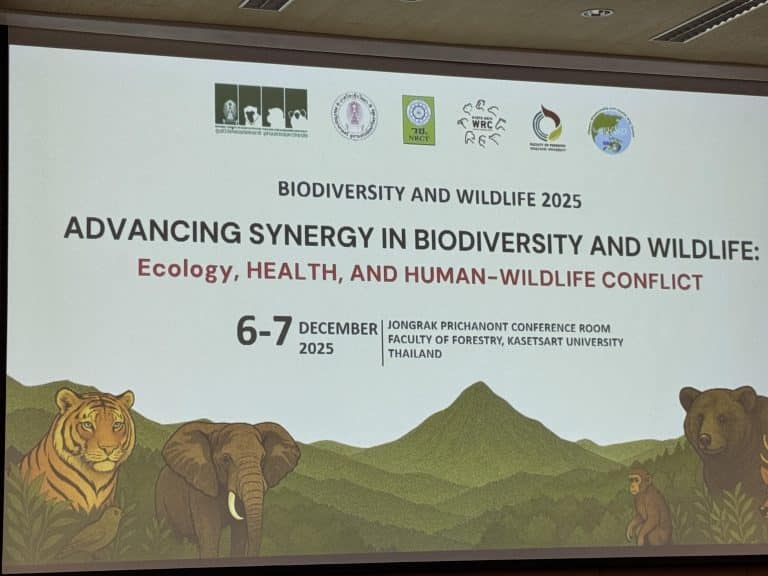
PANDASIA Project Participates in the International Conference on Biodiversity and Wildlife 2025
PANDASIA Project Participates in the International Conference on Biodiversity and Wildlife 2025 The PANDASIA project

Brief descriptions of PANDASIA Project
PANDASIA Project descriptions with English subtitles
PANDASIA – we are moving forward.
PANDASIA Investigates Zoonoses with Wildlife and Non-Wildlife Origins in Thailand
Dr. Hans Overgaard, PANDASIA’s Principal Investigator, was interviewed at Norway Life Science 2024
Stakeholder mapping data collection in fields of Thailand
Stakeholder Mapping Workshop with Civil Society Organizations, October 19, 2023

PANDASIA Project Participates in the International Conference on Biodiversity and Wildlife 2025 The PANDASIA project
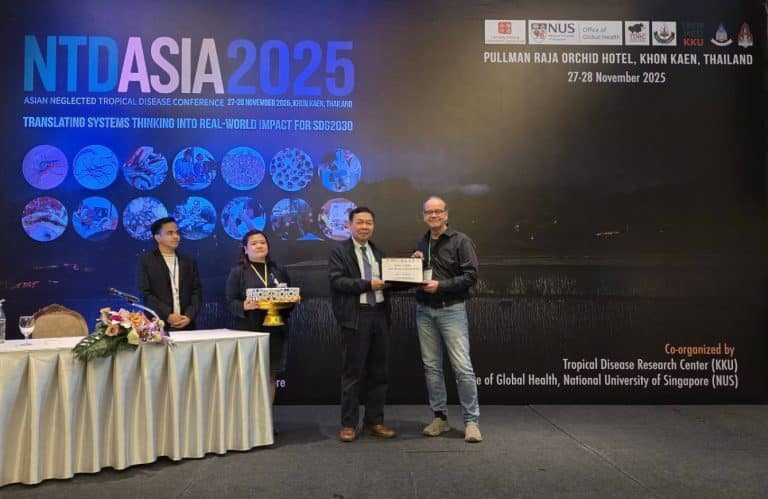
PANDASIA Project Participates in the Asian Neglected Tropical Disease Conference 2025 The PANDASIA project, represented
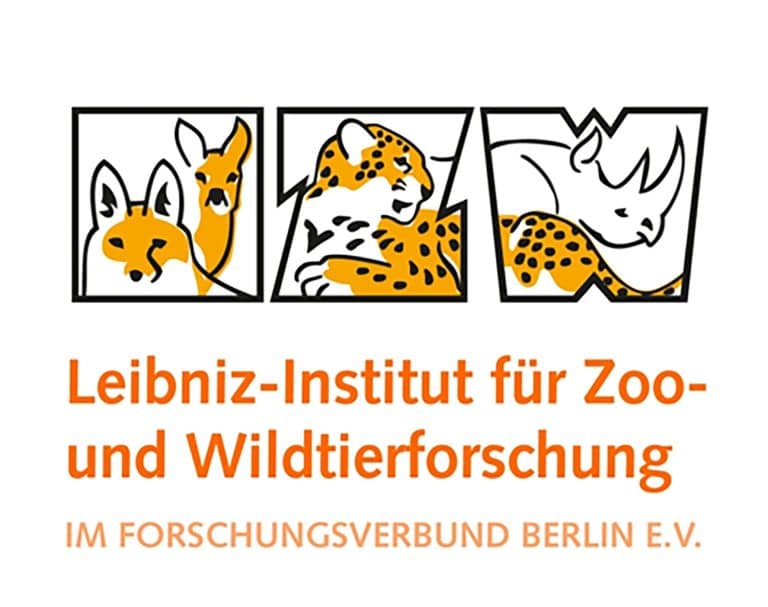
Job advertisement The Leibniz Institute for Zoo and Wildlife Research (Leibniz-IZW) in the Forschungsverbund Berlin
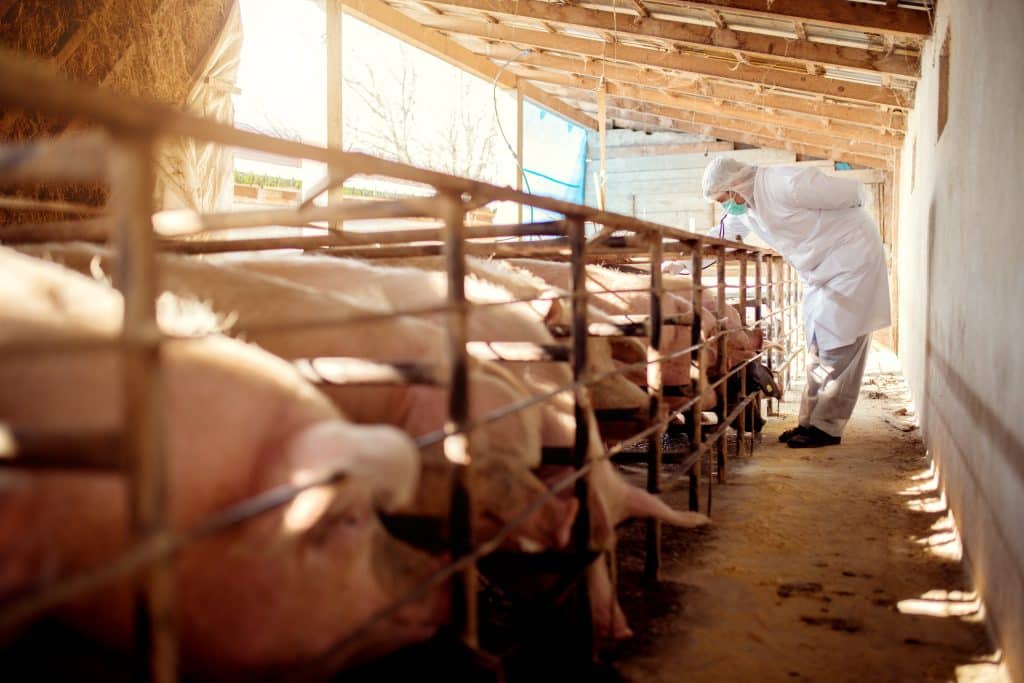
Since pandemics arise at a local level, it is crucial to engage with local communities, as well as environmental and agricultural authorities in Thailand, to enhance their health and pandemics literacy. Therefore, PANDASIA will be closely integrated within local Thai communities.

Nakhon Ratchasima reports 93 Streptococcus suis cases and 13 deaths in 2025 Dr. Wicharn Kidhen,
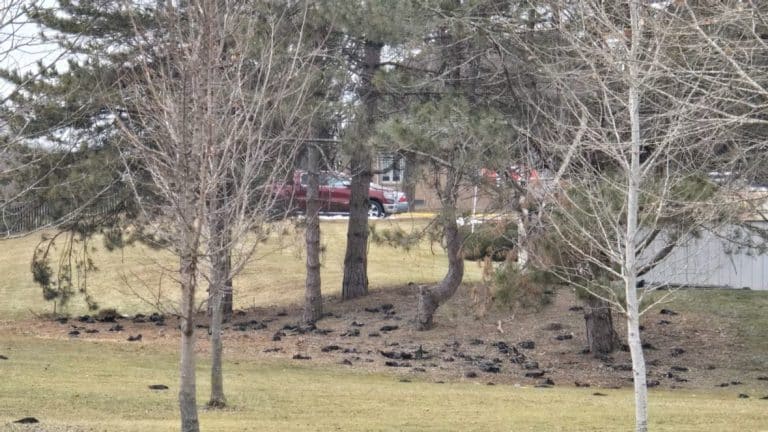
Deceased crows in Chatham-Kent tested positive for avian flu, pathologist says Dozens of dead crows
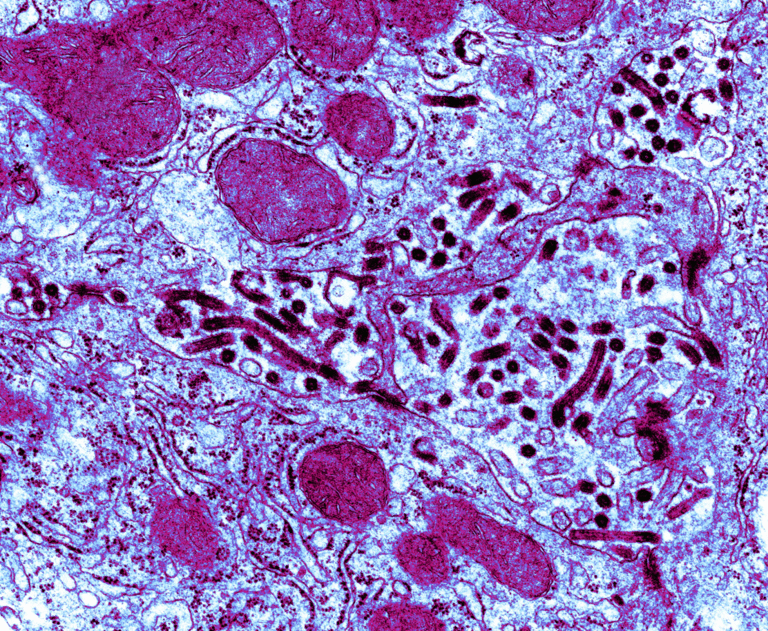
Global Virus Network Statement on the Marburg Virus Outbreak in Ethiopia The Global Virus Network
The PANDASIA partners have generously provided the images and graphics on this website. All rights are reserved. Without the prior written permission of the PANDASIA project partners, no part of this website may be used, reproduced, or disclosed in any form or by any means.


Principal investiagator, wp7 lead

Principal investiagator, wp7 lead
Scoping visits and meetings with relevant stakeholders
Summit local ethical approvals to conduct relevant activities with human, domestic and wild animals
Conduct policy analysis and stakeholder mapping
Conduct a systematic review on synthesizing existing knowledge about human environment interactions, ecosystem functioning, human livelihoods, risk behaviors, and perceptions of relevance for spillover events, disease emergence, and pandemics in the GMS, One Health activities in Thailand, and the CITES database.
Implement a workshop to discuss results from the policy analysis and stakeholder mapping with relevant stakeholders.
Implement a baseline qualitative data collection and quantitative survey, including blood sampling for virological analysis.
community engagement activities in order to provide preliminary results to communities and relevant stakeholders.
Mathematical modelling in order to develop ecological, epidemiological and evolutionary conceptual models to enhance understanding of the significance of the general principles and pathways of spillover processes, and to guide the development and analyses of a structurally equivalent, yet more specific, data-driven model.
Prepare and implement 3PL intervention in order to create and test a critical public health measure – a pandemic prevention and preparedness literacy (3PL) intervention to reduce zoonotic transmission and pandemic risks.
Implement endline quantitative survey.
Dissemination of the final project implementation results and publications.

Grant Information
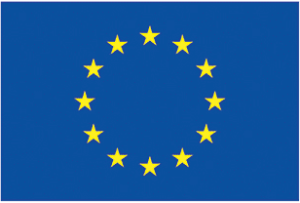

This project has received funding from the European Union’s Horizon 2023 research and innovation programme under Grant Agreement No. 101095444
Follow us
